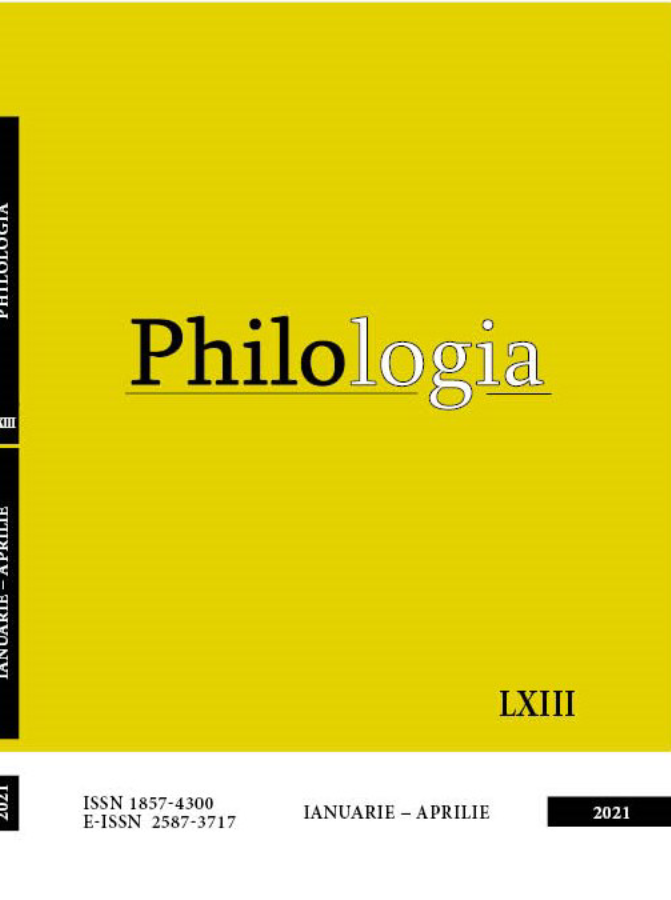Abstract
Following its first edition in 1991, E.-A. Gutt’s work „Translation and Relevance” has become classic in translation studies during last ten years. Its second edition in 2000 intends to bring out with new clarity the truly unique mandate of translation which distinguishes it from other ways of interlingual communication” (2014, p. 208). The Theory of Relevance (Sperber, Wilson, 1995) focuses on the translator who makes relevant decisions depending on the addressee. As it is a cognitive theory of human communication, Relevance has a power of explanation and generalization that is strong enough to account for the cognitive aspects of translation. A particular translation theory is therefore not necessary. E.-A. Gutt insists on this point, which has been criticized many times since.
DOI: https://doi.org/10.52505/1857-4300.2021.1(313).08
In the present research the author reflects on the role of translation in the Relevance framework as well as highlights their own account of how cognition and context shape this mode of interlingual communication.

